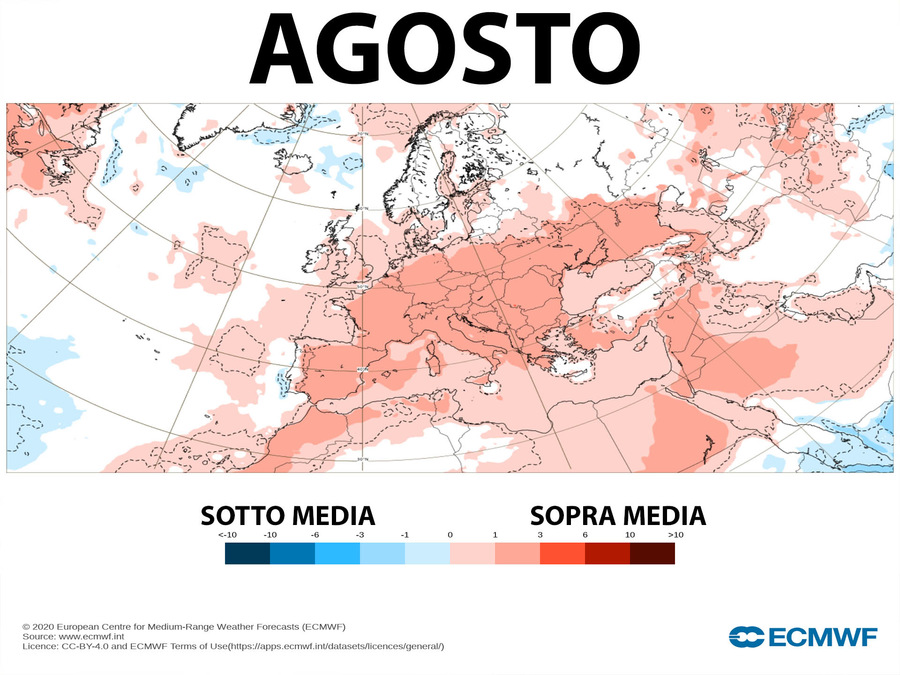In the United States, there has been a myth that the winner of the Iowa caucuses in January, like the winners tomorrow, tends to become the party's nominee for the presidential election in November. Some still repeat this slogan, in favor of Donald Trump now. But the Iowa myth has long been dismantled.
Caucuses are meetings of neighbors and primaries are secret ballot elections. They are two systems for selecting delegates to the party conference in the summer, from which the candidate for the presidential elections emerges. Then it began to spread in most of the 50 states starting in 1972. Previously, each party's candidate was chosen in legendary meetings in smoke-filled rooms by a handful of professional politicians who took into account above all the possibility of the candidate winning the presidential election. On the other hand, caucuses and primaries are attended by more political and activist people who value a candidate's political and ideological positions more than their electoral competitiveness.
In the United States, every citizen must register as a voter through a form on which they can choose to declare themselves Republican, Democrat, or Independent, or write in the name of another minor party by hand. In most states, only registered party voters can participate in caucuses or primaries. Recently, the number of voters registered as independents has risen to nearly half, and only 25% are registered Republicans. So when some polls say, for example, that Donald Trump has the support of 50% of “Republicans,” that means he has the support of (25 x 0.50 =) 12% of likely voters in the presidential election. The vast majority do not care about day-to-day politics or have not yet decided who to vote for.
Three of the last four Republican presidents did not win the Iowa caucuses
Upsets in Iowa were all too frequent. There have been eleven presidential elections since 1980, but in four of them there were no Republican primaries because the incumbent Republican president was running for re-election and did not have rivals within the party (as is currently the case with Democrat Joe Biden).
Of the winners of the seven Republican caucuses in Iowa, only two became presidential candidates: Bob Dole and George W. Bush, Jr., and only the latter won the presidency. Iowa's non-presidential winners include Mike Huckabee, Rick Santorum and Ted Cruz, who some may remember back home.
In contrast, among the non-winners in Iowa, five became party nominees: two lost the presidential election, John McCain and Mitt Romney, but three, Ronald Reagan and George H. W. Bush Sr. Donald Trump won it. Bottom line: Three of the last four Republican presidents did not win the Iowa caucuses.
If Trump gets less than half the vote in Iowa, the message will be that there is a majority of active Republicans who prefer another candidate.
In fact, Iowa is just the beginning of a series of elections that will last five months. It, along with the New Hampshire primary eight days later, is often said to have a “demonstration effect.” There is a torrent of news about it, the winner is supposed to receive a strong initial payment, expectations are exaggerated, enthusiasm is high, and many are rushing to sign up for the expected winning horse. But the most noticeable effect is that some candidates will withdraw after Iowa and New Hampshire, as Chris Christie did a few days ago, and will do very soon with other survivors who have already disappeared from the scene.
This time, Donald Trump is acting as if he is running for re-election. He does not appear in debates with other Republican candidates, but despite being president, he does not have the advantage that the occupants of the White House do. In the coming months, the legal action pursuing him could have a fatal impact. If he gets less than half the votes in Iowa, the message will be that there is a majority of active Republicans who prefer another candidate.
The competition will then be for second place, through which one can aspire to accumulate this hypothetical majority in successive primaries. If Florida Gov. Ron DeSantis doesn't come in second, he will likely return to his job in the sunshine state, which is already losing popularity with him. On the other hand, Nikki Haley, the former governor of South Carolina and former ambassador to the United Nations, even if she comes in third in Iowa, will have momentum for the upcoming primary in New Hampshire, where she has much more support. He could become a great alternative to Trump. We will know soon.

“Freelance social media evangelist. Organizer. Certified student. Music maven.”


